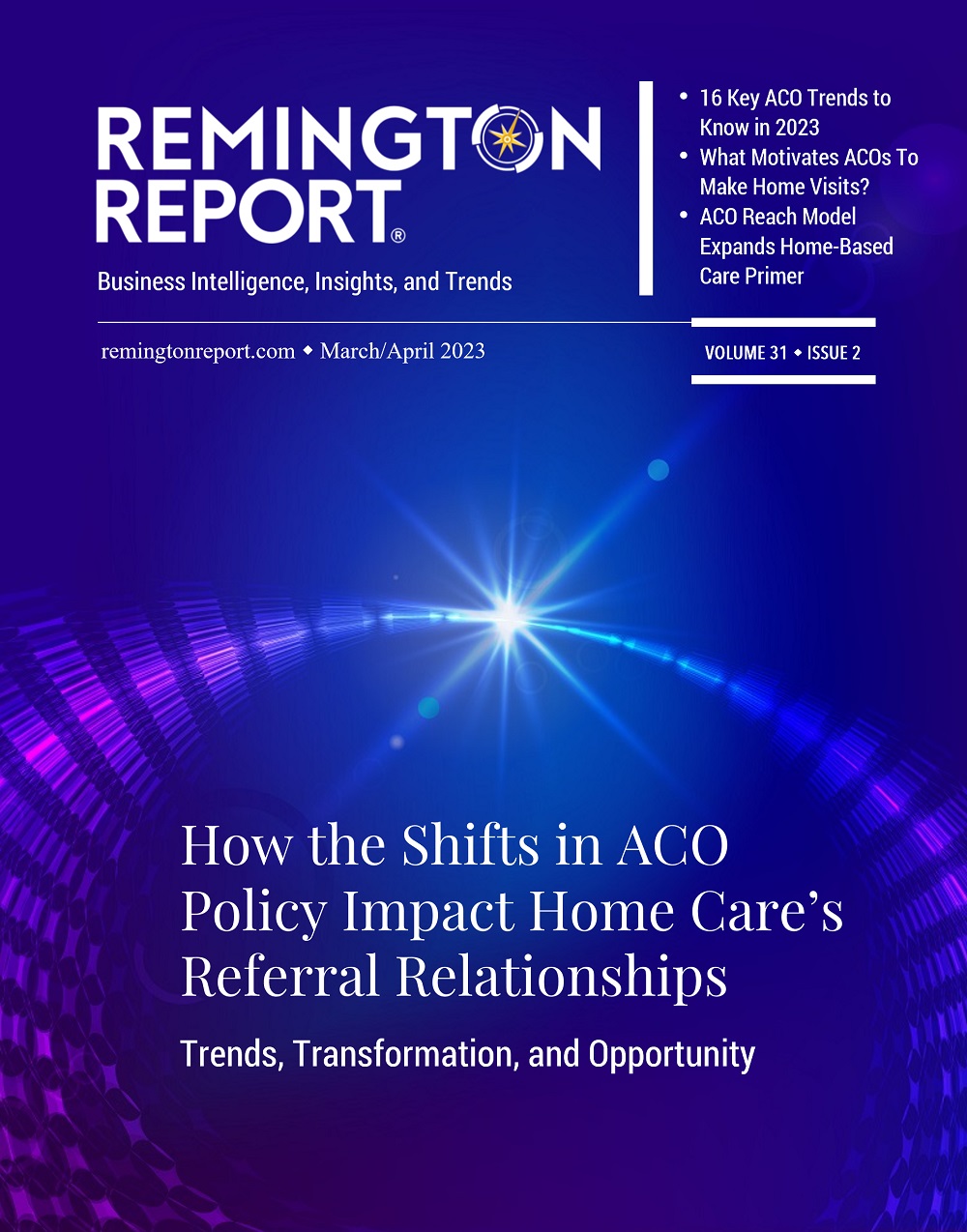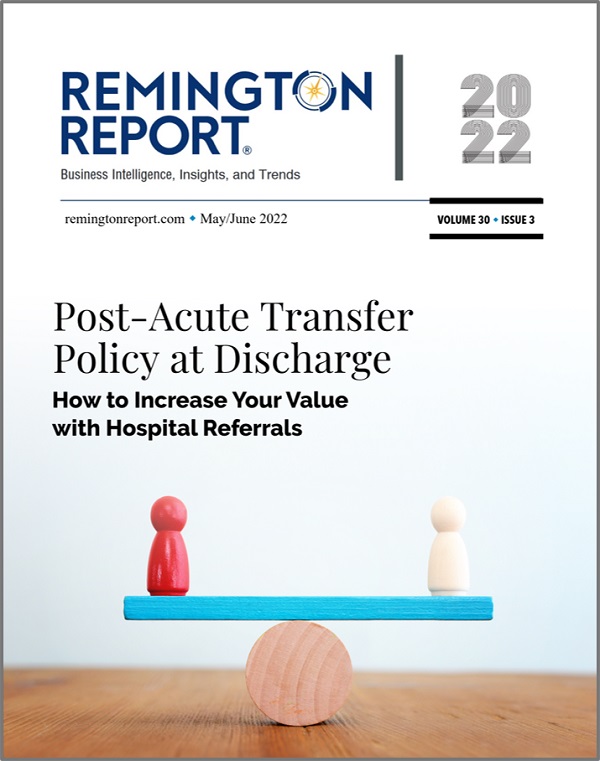Business/referral arrangements have been a key focus of recent enforcement actions. It is fair to say that providers dare not enter into business arrangements without knowledgeable advice concerning applicable requirements that must be met. Such advice should not just be an explanation of what providers cannot do. Rather, the goal should be to assist providers to meet their goals in business relationships without violating the law. In other words, there is almost always more than one way to skin the proverbial cat! In many, if not all, instances, the cost of appropriate advice will be less than the value of the relationships formed that generate more business for providers.
So, what’s the problem? Why do providers continue to enter into business/referral relationships without meeting applicable requirements, thereby violating the law and putting themselves and their businesses at risk? Is it greed, pride, carelessness or a lack of sophistication in business matters? Why aren’t providers willing to spend money on compliant arrangements that will clearly produce more profit than the amount of legal fees incurred?
One explanation may be that the money to ensure compliance in new business arrangements isn’t in the budget, but does it really make sense to forego an unforeseen profitable business relationship and risk violations? The answer is a resounding, “No!”
Here are some examples:
- A physician who makes many referrals to a homecare organization comes to the provider and says that he/she would like to have a closer relationship with the organization that renders care to many of his/her patients. The physician says that he/she would like to serve as a Medical Director of the company. Management of the company knows that money to establish a closer relationship with the physician isn’t in the budget. A budget variance is likely justified in order to maintain and/or enhance the relationship with the physician.
- A large ALF comes to a home health agency, hospice or private duty agency and says that they would like the home care provider to be the exclusive provider of services to its residents unless, of course, residents choose other providers. Among other requests, management of the ALF says that it would like the provider to rent space on the premises of the ALF to be occupied by a liaison/coordinator on a part-time or full-time basis depending on the number of residents who receive services. The ALF wants to encourage residents to use all types of home care services to the greatest extent possible in order to help ensure that they remain in their apartments for as long as possible. The ALF thinks that the regular presence of a homecare liaison/coordinator will encourage residents to use home care services. The company knows, however, that there isn’t any money in the budget to hire a coordinator/liaison, pay rent or consult an attorney about legal requirements regarding renting space from referral sources, what coordinators/liaison are permitted to do, etc. Should the company miss out on this opportunity? Certainly not! Another budget variance is needed.
Don’t be penny wise and pound foolish! There is plenty of money to be made in the homecare industry, if that is providers’ goal, without violating the law and getting themselves and others in a heap of trouble.
© 2019 Elizabeth E. Hogue, Esq. All rights reserved.
No portion of this material may be reproduced in any form without the advance written permission of the author.
Elizabeth Hogue is an attorney in private practice with extensive experience in health care. She represents clients across the U.S., including professional associations, managed care providers, hospitals, long-term care facilities, home health agencies, durable medical equipment companies, and hospices.









